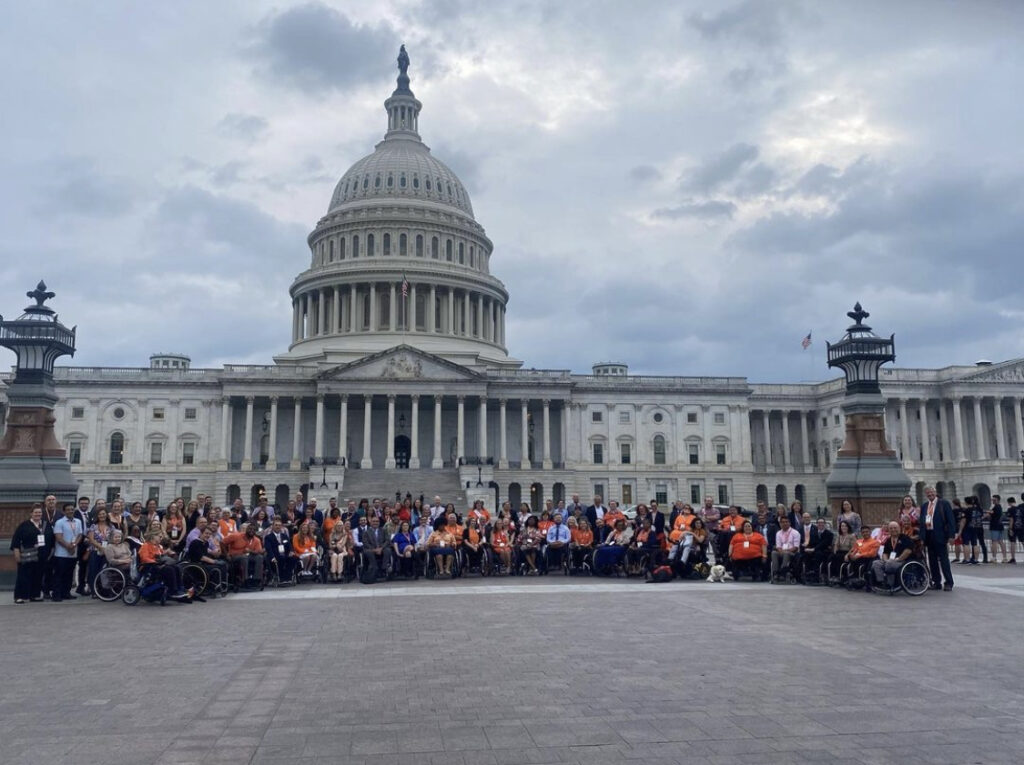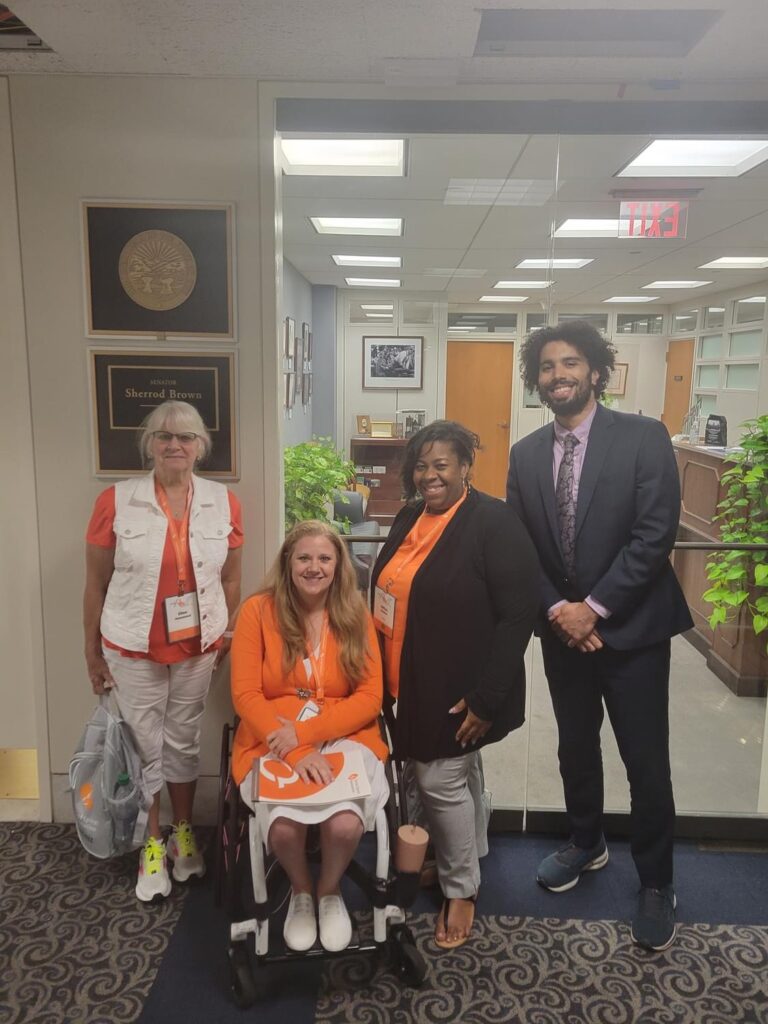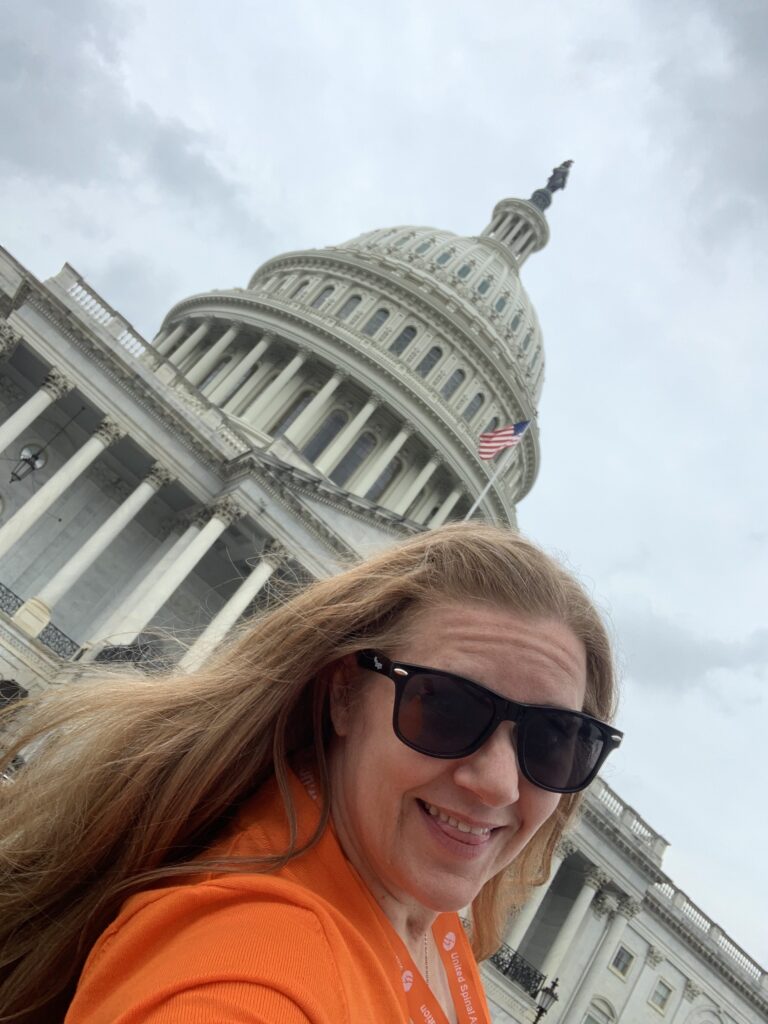Living with a spinal cord injury (SCI) can present unique challenges, but it should never limit one's sense of adventure and exploration. Taking a road trip is an exhilarating experience that allows individuals with SCI to break free from routine and embark on a memorable journey. With careful planning and a positive mindset, the open road becomes a gateway to new horizons. And when struggles happen, you can overcome them with different coping strategies.
We will explore three powerful coping strategies that have proven effective for individuals living with spinal cord injury. From cultivating a positive mindset and seeking professional support to engaging in adaptive activities, these strategies have the potential to transform lives. By embracing these techniques, individuals can find renewed hope, regain control over their lives, and embark on a path of empowerment and fulfillment.
Have you ever taken a trip where, logistically, everything went great, but your personal world felt like a hot mess you wanted to run away from? Yes? Then you can relate to what you are about to read. No? Let me tell you; it's the Hardest. Thing. Ever!
This was that trip for me.
Roll on Capitol Hill is a fantastic event hosted by United Spinal Association every year in June for those living with disabilities to use their voices and advocate for disability policy and legislation. Over 100 wheelchair users met with Congressional leaders to discuss policies affecting the disability community.

This year we had 3 main issues to speak about: the Air Carrier Access Amendments Act, Wheelchair Coverage Benefits, and increased accessible transportation options for the disability community. The Air Carrier Access Amendments Act would put in place more training for airport employees, ensure all covered gates, counters, ticketing areas, and customer service desks are accessible, and grant individuals a private right of action in a civil court for damages that occurred while flying.
Something that I learned during this trip is that the ADA, Americans with Disabilities Act, does not cover air travel because the Air Carrier Access Act was signed into law just 4 years prior to the ADA. And this act has not been updated since its passage, so it’s about time we do that.
What do you think?
In 1965, the Social Security Act clearly defined the difference between the cost and coverage of medical devices in the hospital setting compared to the cost and coverage of mobility devices that are suitable for use “in the home.” We urged Congressional Leaders to sign on to a letter supporting the removal of restrictive ‘in the home’ only language from Medicare, support Medicare coverage for standing systems and power wheelchairs, and conduct a full review of the current mobility device benefit’s coverage, coding, and payment policies to allow for access to mobility devices that meet the needs of full-time wheelchair users both in the home and/or in the community.
The Disability Access to Transportation Act would establish a one-stop paratransit pilot program that allows for an additional stop as part of a current Paratransit trip to locations such as child care or educational facilities, pharmacies, grocery stores, and Bank or ATM locations. It would also make the U.S. Access Board publish final public rights of way guidelines that were proposed in 2011, setting minimum standards to ensure that sidewalks, pedestrian street crossing, pedestrian signals, and other facilities for pedestrian use constructed or altered by state and local governments are readily accessible to and usable by wheelchair users and individuals with mobility devices. Additionally, it would require an active link to the service provider's website to be accessible for individuals to file a complaint if needed. It would also establish a data pilot program to measure population access in different geographical locations with multiple transportation modes. This data could be used to improve or establish public transportation based on needs.
We shared our stories about how things currently are and how these policies would affect our lives. Each office that I met with seemed to take in all that was shared in genuine curiosity. I left each office feeling pretty good with how things went. The work is not over, so if you would like more information or to register as an advocate with United Spinal Association, please visit https://unitedspinal.org/advocacy-program/.
Logistically, this event was great. I had a great time networking and catching up with friends. The meetings on Capitol Hill went great. And, I had a great time with my mom – something we haven’t done in a while.

But I was exhausted.
Not just physically exhausted, but like my soul was exhausted, and I had nothing left in the tank. It was probably one of the hardest trips of my life, and I wanted to quit a thousand times. I had to remind myself why I was there and how strong I am. I kept giving myself little milestones. Just 4 meetings and then a fun awards ceremony. After this group picture, I can get ready for bed. Just an 8-hour drive home. 1 more hour…
And then I was home. I made it. I survived.
With the right mindset and effective coping strategies, you can overcome your struggles and lead a fulfilling and meaningful life. Here are three strategies that can help you along the way:
Strategy 1: Cultivate a Positive Mindset: It's natural to experience moments of frustration, sadness, or even anger in the face of adversity. However, cultivating a positive mindset can shift your perspective and help you find strength in every situation. Embrace the power of gratitude and focus on the things you can control rather than dwelling on what you cannot. Surround yourself with a support network of family, friends, or fellow individuals who understand your journey, as their positivity can uplift you during challenging times.
Strategy 2: Seek Professional Support: Dealing with a spinal cord injury can be physically and emotionally overwhelming. Don't hesitate to seek professional support from medical professionals, therapists, or counselors specializing in spinal cord injuries. They can help you navigate the emotional roller coaster and guide physical rehabilitation. They can also equip you with valuable coping techniques tailored to your needs. Remember, asking for help is a sign of strength, not weakness. (I have an appointment coming up with my counselor that I am very much looking forward to)

Strategy 3: Engage in Adaptive Activities: One of the keys to overcoming struggles is to find adaptive activities that bring you joy and a sense of accomplishment. Explore hobbies or sports specifically designed for individuals with spinal cord injuries, such as wheelchair basketball, adaptive yoga, or hand cycling. These activities can improve your physical well-being, boost self-confidence, and provide a sense of community. Embrace the opportunities available to you and let them empower you to push your boundaries and redefine what is possible. During this trip, I still found ways to enjoy the event and the people around me.
Remember, each individual's journey is unique, and finding coping strategies that resonate with you is essential. Never underestimate your strength and resilience, for you have the power to rise above any challenge that comes your way. You can achieve incredible things, and by embracing a positive mindset, seeking support, and engaging in adaptive activities, you can overcome your struggles and lead a fulfilling life.
After some much-needed downtime and reflecting on my trip, I am glad I did it and didn’t give up. I have a few takeaways that I have learned from this experience, and that’s what I am using to keep moving forward.
If you would like more information on anything I spoke about here, leave me feedback either here – below this post, e-mail me (thewheellifeblog@gmail.com), or on any of my social media platforms! (IG/TW/TT @megs_hammond). I also have a free 2-week journaling guide on my website to start your journaling practice. I would love to hear from you and what I can do to help. If you want to hear anything, please let me know! I can’t do any of this without YOU, so I would love to connect with you!
Let’s keep those happy thoughts, productivity, and self-care going! Until next time, live honestly, passionately, and with kindness! Take care, friend.
